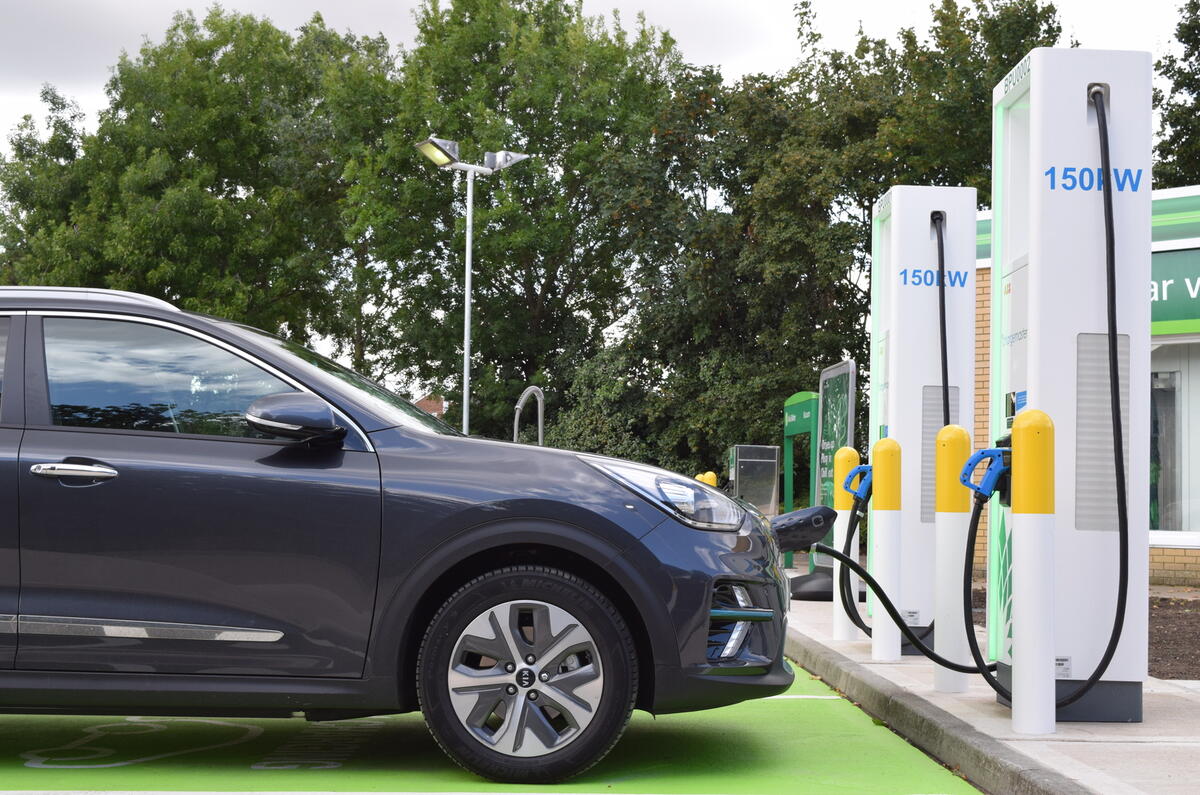The Society of Motor Manufacturers and Traders has called for improved regulations to ‘level up’ the electric car charging network for drivers.
The trade body has formulated a seven-point plan aimed at making sure every driver in Britain is able to benefit from the country’s charging infrastructure.




Join the debate
Add your comment
The trouble is nowadays for every Card you have there's a password or security word of some sort, your supposed to remember them, have many do you have?, do you remember them?, do you change them regularly for security reasons?, why a Thumb print reader? Or Iris scanner?, something that doesn't require a memory like Methuselah!
They could also ask West Yorkshire councils (who have installed dozens of chargers but 50% are designated for taxis only) just how many hours of charging have been done by taxis vs the private users queing to use them with an empty one along side! Madness.
All chargers have connectivity to be able to be activated by apps so are equally able to validate and take contactless card readings
Even most humble car parking machines manage this now.